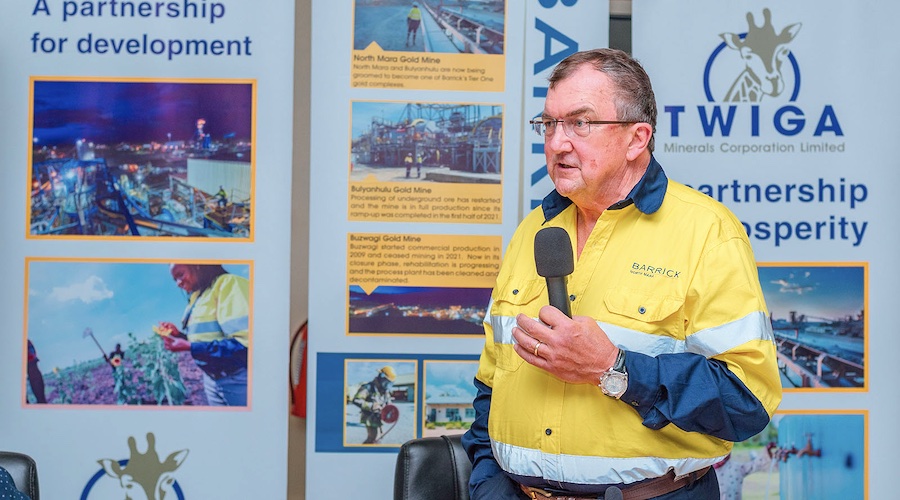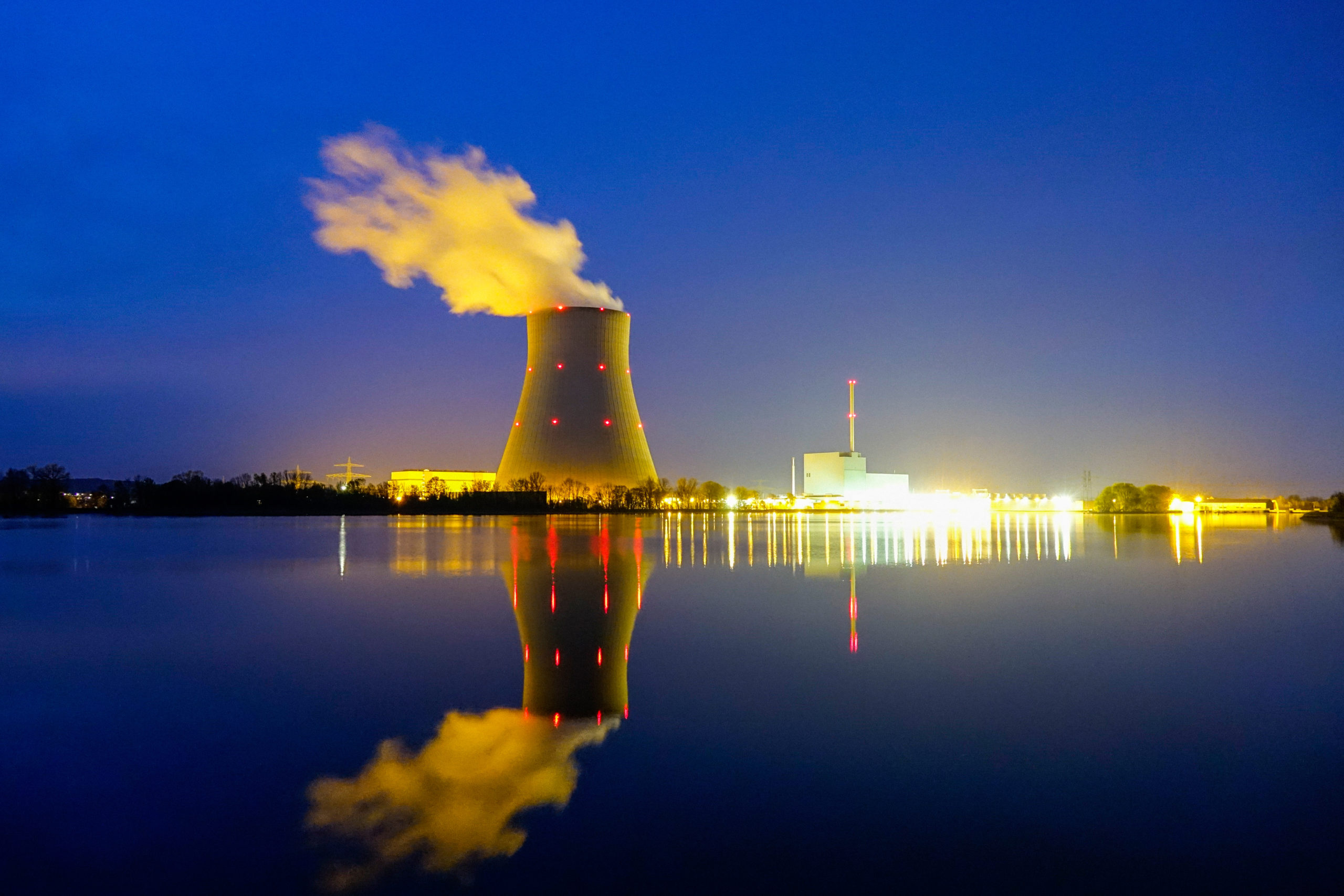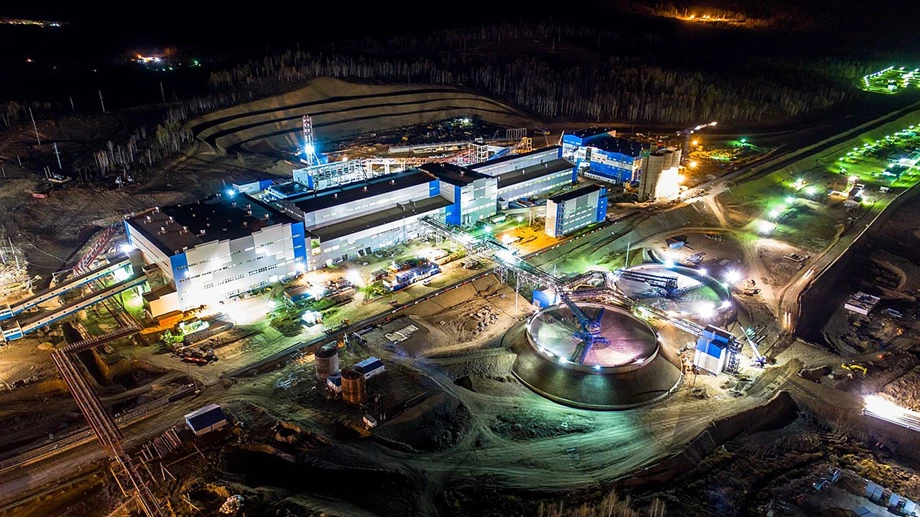Arca, a company that’s signed a deal with BHP (LSE: BHP; NYSE: BHP; ASX: BHP), is one of three Canadian technology firms in the running for the $100 million Xprize carbon removal competition.
The Vancouver-based company is among several entries focusing on mining in the top 20 listed on Wednesday by Los Angeles-based Xprize, which organizes global technology challenges. The prize, funded by the Musk Foundation started by Tesla and SpaceX CEO Elon Musk, is to be awarded next year. It holds $50 million for the winner and lesser amounts for finalists. The contest began with 1,300 entrants in 2021.
Arca formally agreed in November to work with BHP on the world’s first carbon dioxide (CO2) mineralization project using mine tailings at the Mount Keith nickel mine in Australia. The two had been testing the process since at least 2020. The startup has preliminary agreements with Vale (NYSE: VALE), Stillwater Critical Minerals (TSXV: PGE; US-OTC: PGEZF), IGO (ASX: IGO), EV Nickel (TSXV: EVNI) and Talon Metals (TSX: TLO).
“We leverage historical mine waste to remove atmospheric CO2 safely and permanently,” Arca CEO Paul Needham said in a release. “Our pathway has giga-tonne-scale potential, yet makes no new demands on land or precious water resources because we operate within existing industrial footprints.”
Carbon tax
Carbon capture is gathering steam among mining companies in Canada and elsewhere to meet their own net-zero commitments as concerns about the environment affect corporate images and deter large investors despite the need for metals to decarbonize the economy. Carbon capture is also one way to lessen or avoid Canada’s C$80 per tonne tax on industry greenhouse gas emissions. Economists rate the carbon tax as the most efficient and market-driven approach to put a price on pollution and reduce climate change despite what some politicians claim.
Dartmouth, N.S.-based Planetary Technologies and Skyrenu Technologies of Sherbrooke, PQ are the other two Canadian companies among the Xprize finalists. Skyrenu is working to decarbonize asbestos mining in Quebec, CEO Martin Brouillette said by email. Its process filters CO2-rich air through units in stackable shipping containers.
“We are currently working on asbestos mine tailings in Quebec, but the technology is applicable to a wide variety of mining environments,” Brouillette said.
Planetary enhances ocean water’s natural decarbonizing capability in an inexpensive option, CEO Mike Kelland said by email. It accelerates the highest scale process the earth uses to manage excess CO2, the weathering of rocks into the ocean, he said.
“We work with miners who have alkaline byproducts – generally lime, magnesia and silicate based – and process those into safe antacids for the ocean, Kelland said. “We look to partner with mines that are located as close to the ocean as possible to do this.”
1,000-tonne goal
The finalists were selected on their performance in three areas: operations, sustainability and cost, according to the organizers. The finalists showed they could approach the goal of removing 1,000 net tonnes of CO2 in the competition’s final year. They also outlined a viable pathway to reach a mega-tonne scale within a few years and eventually a giga-tonne scale while understanding environmental and social impacts, Xprize said.
Canada has the most companies in the running for the prize after the United States, with seven. Others ranged from the United Kingdom with two to single entries from Ireland, Denmark, the Netherlands, France, Oman, Kenya, India and China.
Arca may face some challenges if BHP decides to mothball the Mount Keith mine. The miner said in February it was considering the move after nickel prices fell about 40% last year. An Arca spokesman referred questions on the issue to BHP, which didn’t immediately reply.
The technology company uses carbon mineralization developed over two decades by professor Greg Dipple at the University of British Columbia’s CarbMin Lab. It worked with dozens of mining companies and based the process on how 99% of the Earth’s carbon is stored in rocks, he said.
“That’s why we’re focusing on carbon mineralization, the natural process that transforms carbon into rock,” company co-founder Dipple said in a release. “We have developed the technology to accelerate mineralization and we’re now deploying this on site.”





